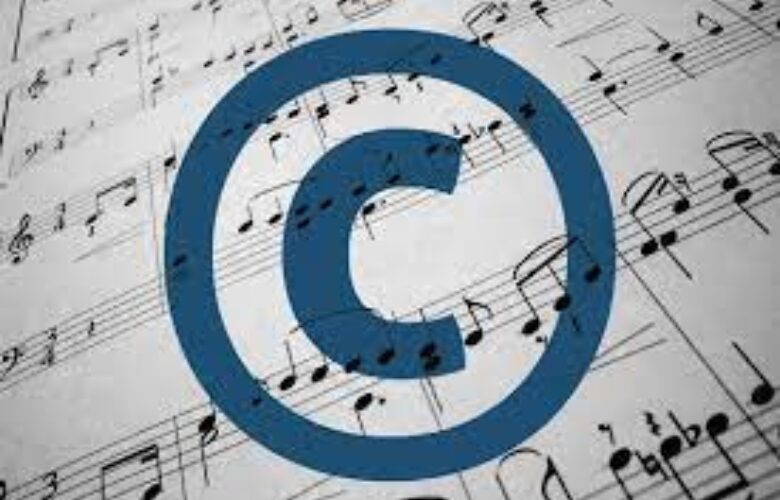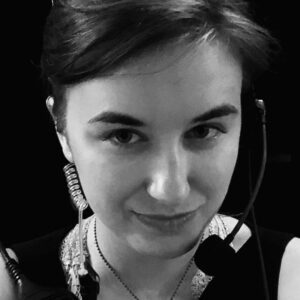
Copyright basics about the music industry can be a difficult concept to grasp, even once you are in the industry. The more that you know about copyright, the better you’ll be able to protect what you’ve worked on and help ensure you will be properly paid for that work.
Copyright is defined as legal protection given to creators of original works, including music. Copyright allows the creator to control how their work is used and prevents others from using it without permission. Copyright is there to help creators receive benefits from their work. However, not everything created can be protected by copyright laws. Copyright can be attached to every song for the composition and the sound recording itself. The composition includes lyrics, melody, and rhythm of the song itself. The sound recording is when the artist records the song. Ideas and techniques for songs cannot be copyrighted and do not fall under protection of copyright law. This includes things like chord progression or microphone placement for recording. The copyright automatically takes effect once the song is created and recorded (this includes written lyrics).
Once the song is created and in physical form, not just a great idea in your head, you can publish it. This allows the song to have a timestamp of when it was created. Having something as evident as a timestamp on your creation can be advantageous if someone tries to pass off your song as theirs. Registering the song with the copyright office is no longer required thanks to the internet but it is still heavily recommended to further aid in protecting an artist’s creation. You do have to pay a fee and fill out a form but it gives the artist further legal advantages such as the ability to sue for statutory damages (amount of money awarded to compensate for losses such as sales based on an amount set by the law instead of an amount determined by calculating the harm) for your copyrighted song.
The copyright lasts for the life of the creator plus an additional 70 years. In the case that there were multiple creators, such as The Beatles, the copyright protection lasts for the life of the last surviving creator plus 70 years. In the case that it is a work for hire, like hiring a songwriter but recording it yourself as the singer and publishing it yourself, the protection lasts 95 years from publication or 120 years from creation, whichever is shorter. Once the copyright protection finally expires, the content enters the ‘public domain’ and can be used by anyone regardless of permission from the artists and creators without threat of a lawsuit or fees to be paid to the creators.
Those who acquire copyright have several rights over their creation. Copyright allows the person who has the copyright to make copies of the song or allow others to do so. Copyright also covers distribution of the song including sales, lease, or renting it. It covers performances of the song, whether that be on the street or in a venue for a concert. Copyright also safeguards the song through digital transmission like streaming services (Spotify, Apple Music, YouTube Music, etc.) Obtaining copyright can better protect whatever you create and make sure you get paid from these streaming services and anyone who wishes to use your newest creation.


Janine has always been a part of music and performing. The first show that inspired her to go into theatre was the Velveteen Rabbit which she saw as a child, and Drew works to keep that magic alive in her work. When Drew was accepted into an internship program for audio engineering at a recording studio, she jumped at the opportunity. That was at the start of 2020, and so much has happened since then, both in her career and in the world. Since then, Drew has taken several opportunities to work at recording studios, concerts, festivals, and even large theatres while spending some time on tour. Drew's favorite by far though, has been the chance to work on Broadways and West End shows, as this was a dream come true. Drew is honoured to get to share these experiences from being inside the entertainment industry.
Read Full Profile© 2021 TheatreArtLife. All rights reserved.

Thank you so much for reading, but you have now reached your free article limit for this month.
Our contributors are currently writing more articles for you to enjoy.
To keep reading, all you have to do is become a subscriber and then you can read unlimited articles anytime.
Your investment will help us continue to ignite connections across the globe in live entertainment and build this community for industry professionals.